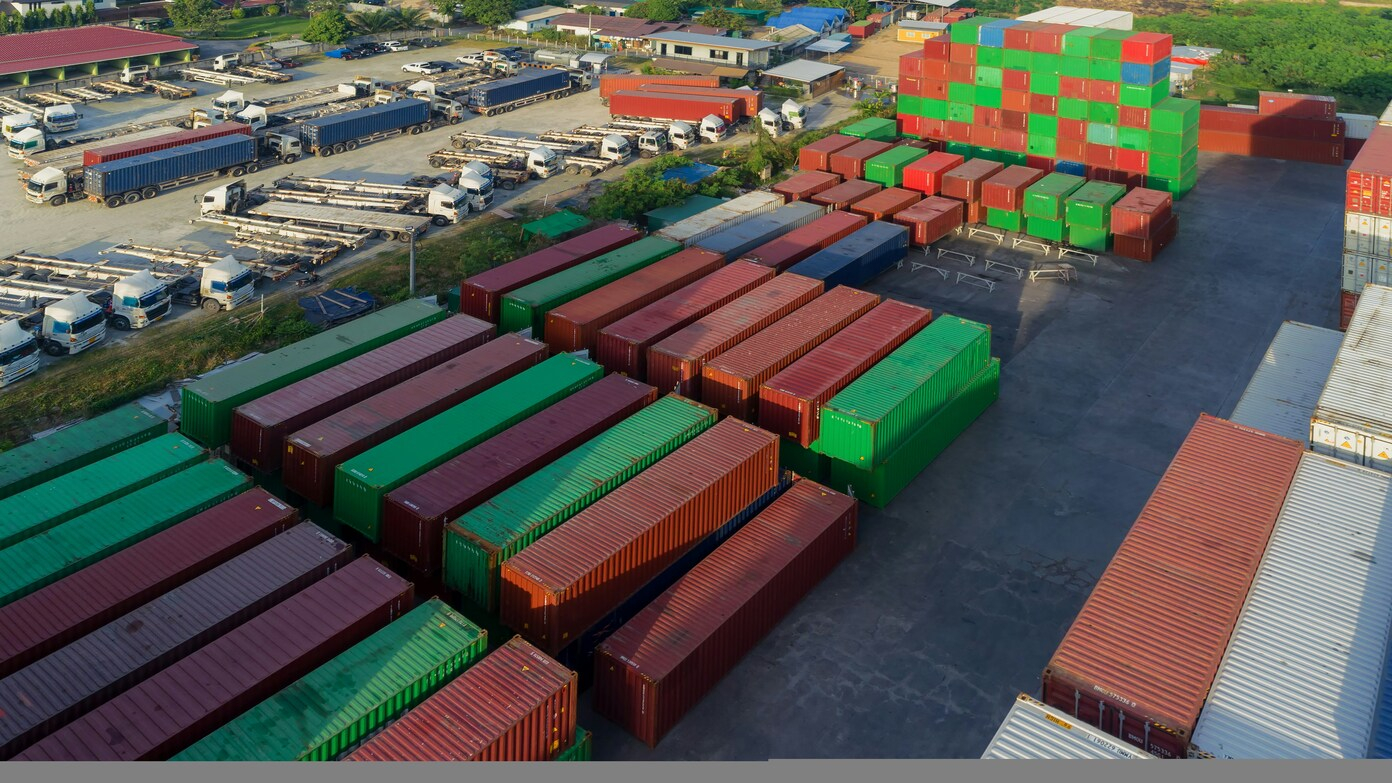President Donald Trump is moving forward with his plan to impose heavy tariffs on imports from Canada, Mexico, and China. These tariffs, which include a 25% tax on goods from Canada and Mexico and a 10% tax on Chinese products, are set to take effect on February 1, 2025. The White House claims these measures are necessary to address issues like illegal drugs and migrants crossing the border, as well as China’s role in the fentanyl crisis. However, economists warn that these tariffs could lead to higher prices for everyday essentials like food, gas, and clothing and could push inflation higher.
How tariffs could raise prices on everyday goods
Tariffs are taxes on imported goods, and when they are imposed, the cost is often passed on to consumers. This means that prices for many everyday items could rise significantly. For example, Mexico is one of the largest suppliers of fresh fruits and vegetables to the U.S., providing 92% of all agricultural imports. A 25% tariff on Mexican goods could make strawberries, avocados, and other produce more expensive. Similarly, Canada is a major supplier of baked goods, cereals, pasta, and beef products. Tariffs on Canadian imports could lead to higher prices for these items as well.
Read more: Amazon is selling a flirty two-bedroom home for $11,500 and it can be paid for in up to 12 months.
The auto industry is also expected to be heavily impacted. Many U.S. car manufacturers, including General Motors (GM) and Ford, have plants in Mexico and Canada. A 25% tariff on vehicles and auto parts could increase the price of cars by thousands of dollars. For example, vehicles made in Mexico or Canada could cost $8,000 to $10,000 more, while U.S.-made cars could see price hikes of up to $2,100. This would make buying a new car much more expensive for American consumers.
Gas prices could also rise due to tariffs on Canadian crude oil. Canada is the largest supplier of crude oil to the U.S., providing 60% of all imports. A 25% tariff on Canadian oil could lead to higher prices at the pump, especially in the Midwest, where many refineries rely on Canadian crude. This would add to the financial burden on households already dealing with rising costs.
Canada and Mexico fight back with retaliatory tariffs
In response to Trump’s tariffs, both Canada and Mexico have announced plans to impose their own tariffs on U.S. goods. Mexico’s Economy Minister, Marcelo Ebrard, called the U.S. tariffs a “strategic mistake” and warned that American families would feel the impact almost immediately. Mexico has prepared retaliatory tariffs that could target U.S. products like agricultural goods and machinery.
Canada has also vowed to respond swiftly. Prime Minister Justin Trudeau announced that Canada would impose a 25% tariff on $155 billion worth of U.S. goods, including beverages like Florida orange juice. Trudeau warned Canadians of “tough times to come” but said the country would work to find alternative supply chains to reduce the impact. These retaliatory measures could further escalate tensions between the U.S. and its neighbors, leading to a full-blown trade war.
The broader impact on inflation and the economy
Economists are concerned that Trump’s tariffs could reignite inflation, which had been showing signs of cooling. A report from Wells Fargo estimates that the tariffs could increase the annual rate of consumer price inflation by half a percentage point by the end of 2025. At the same time, U.S. economic growth could slow by a full percentage point as trade with Canada and Mexico declines.
The tariffs could also disrupt supply chains, particularly in the auto industry, where parts and vehicles are often shipped across borders multiple times during production. This could lead to delays and higher costs for manufacturers, which would likely be passed on to consumers. Additionally, the tariffs could strain diplomatic relations with Canada and Mexico, two of the U.S.’s closest trading partners.
What this means for You
If these tariffs go into effect, American consumers could see higher prices across the board. From groceries to gas to cars, the cost of everyday goods and services could rise significantly. While the tariffs are intended to address specific issues like border security and drug trafficking, their broader economic impact could outweigh any potential benefits.
As the situation develops, it’s important to stay informed about how these changes could affect your wallet. Whether it’s planning for higher grocery bills or reconsidering a new car purchase, being prepared can help you navigate the financial challenges that may lie ahead.
